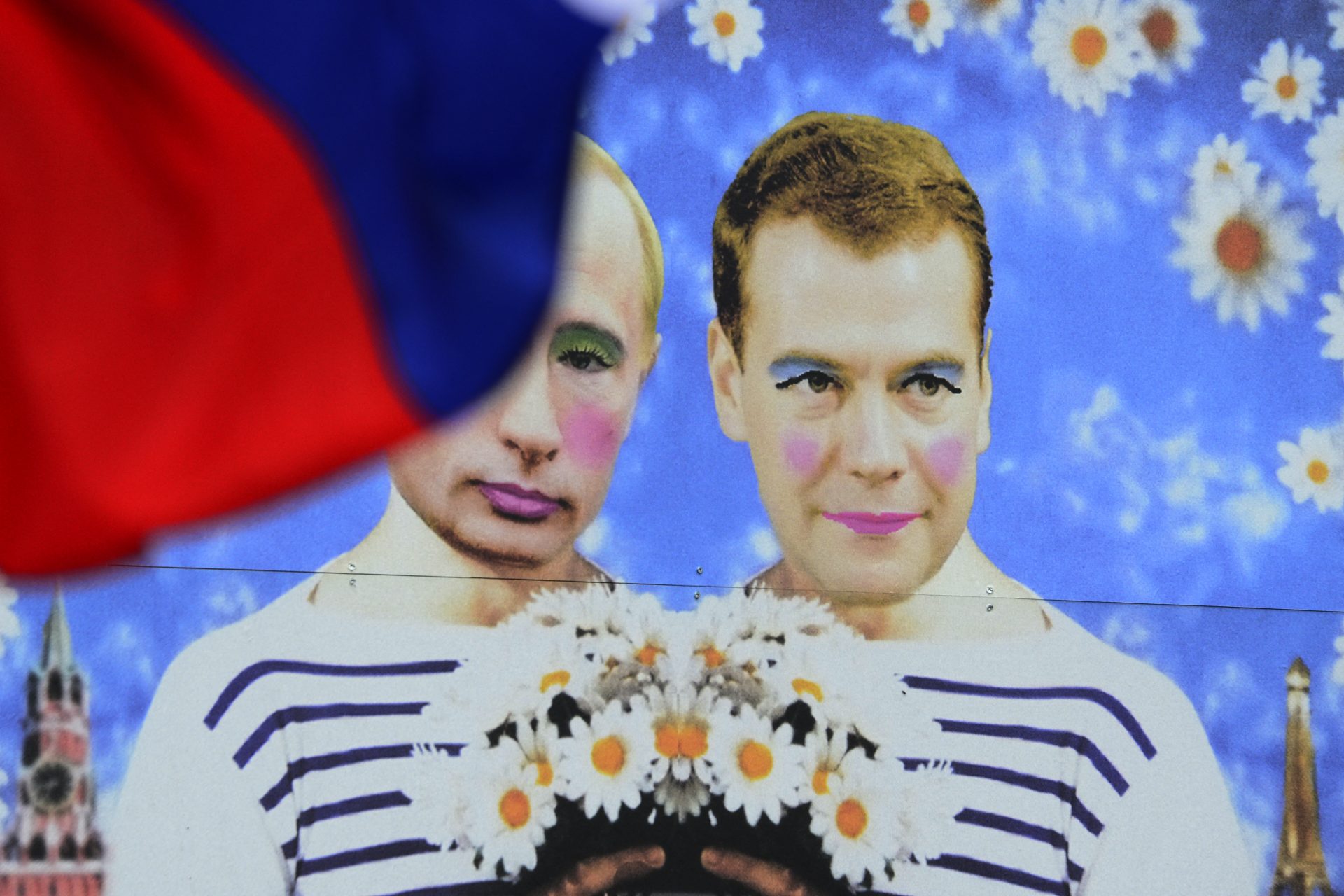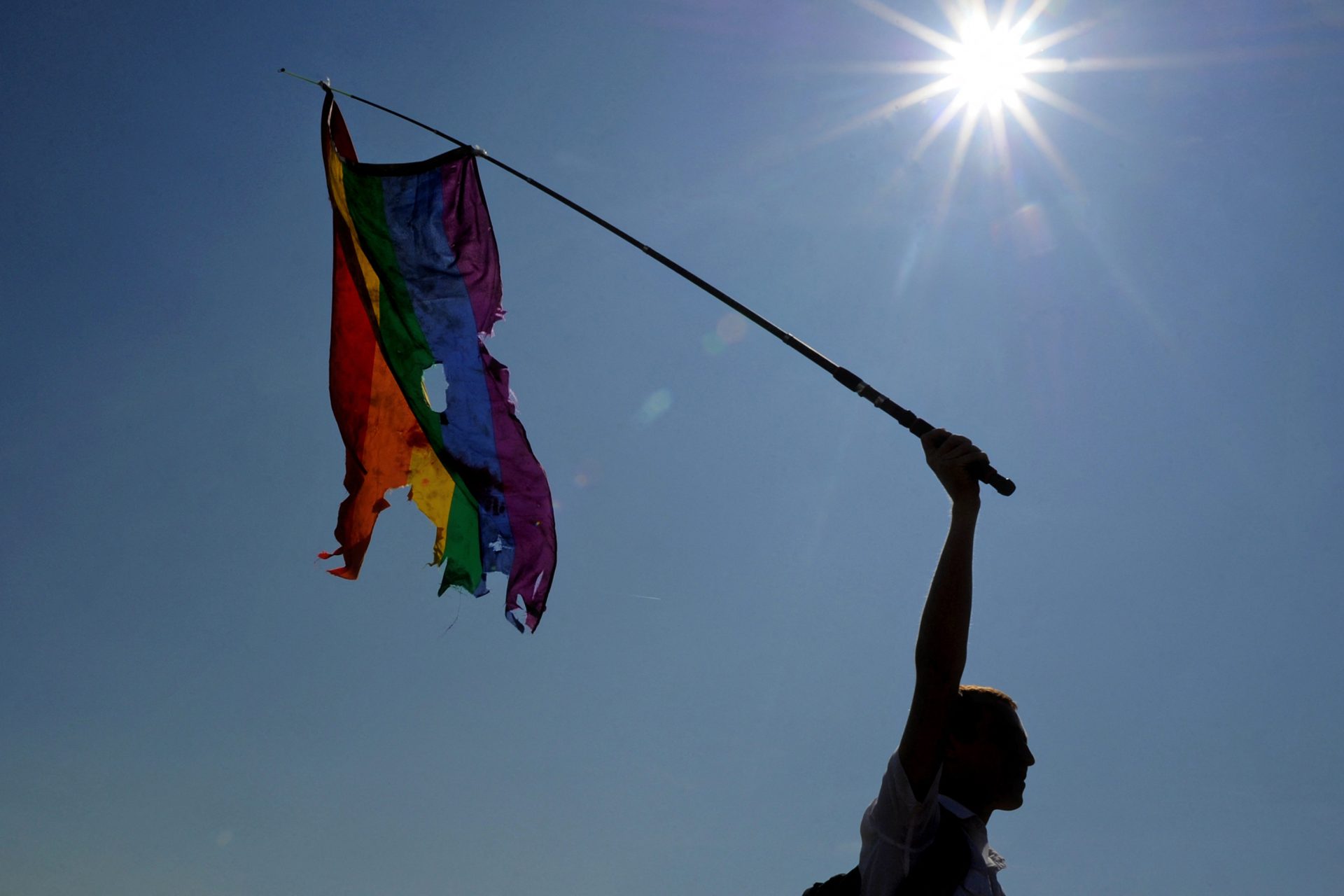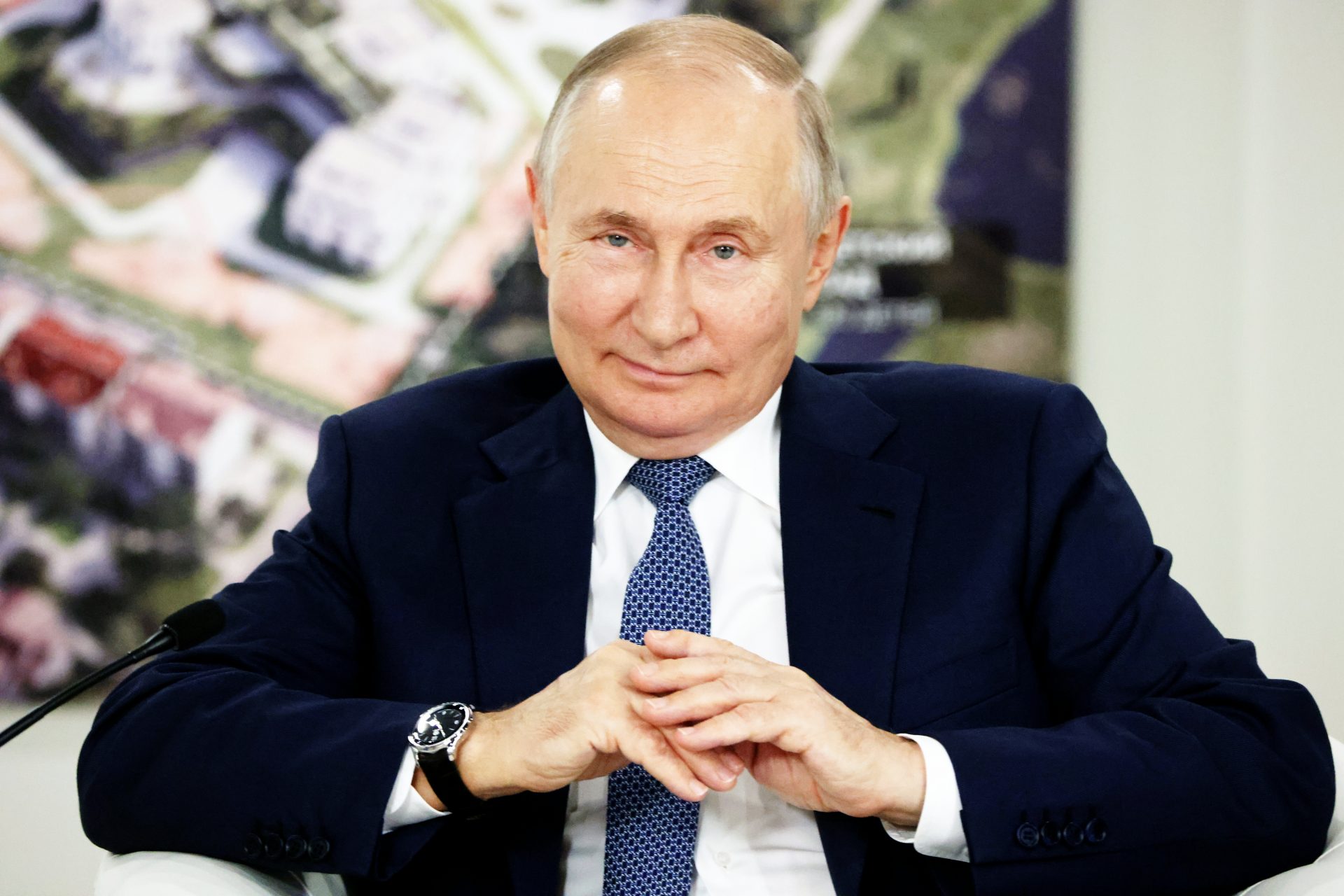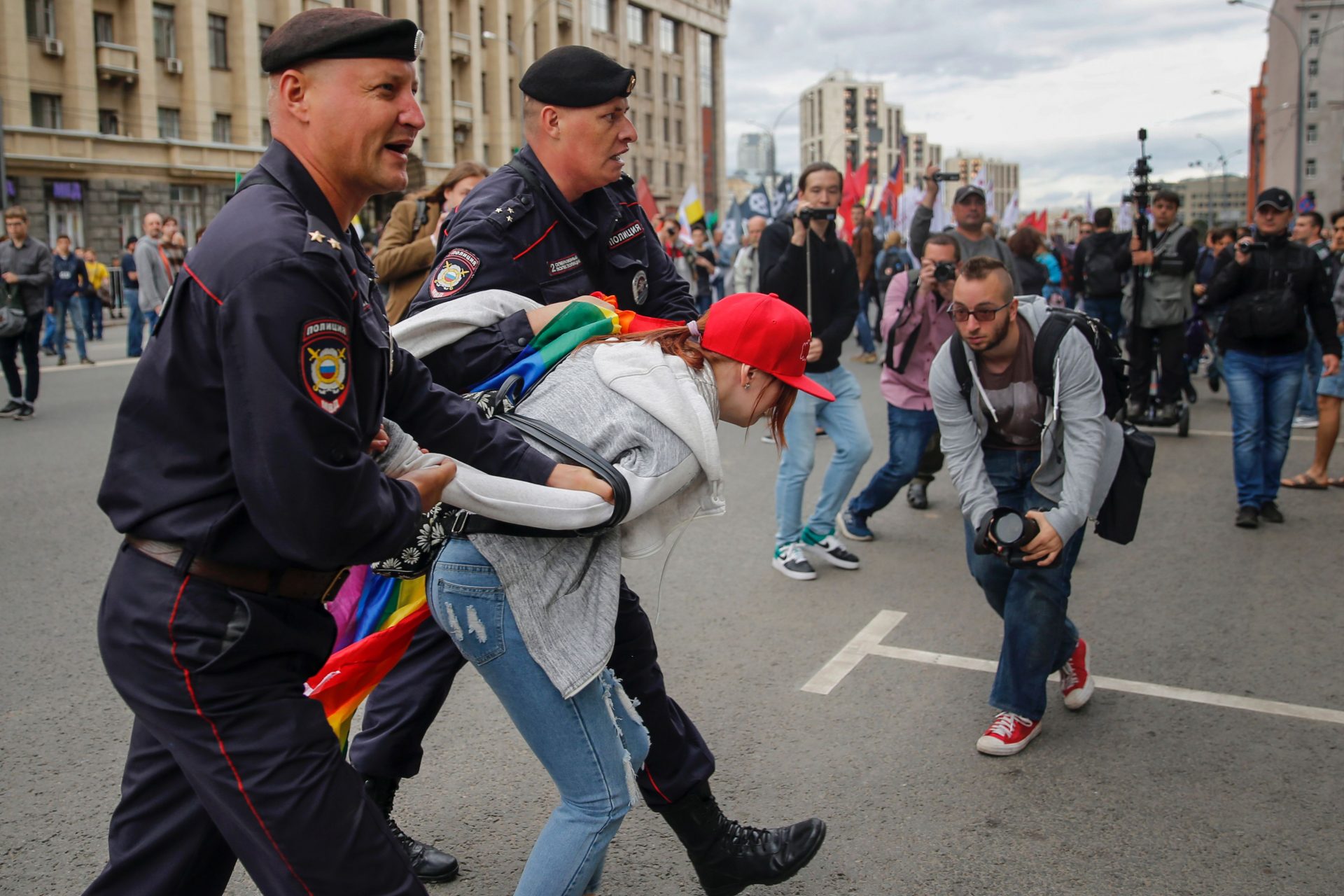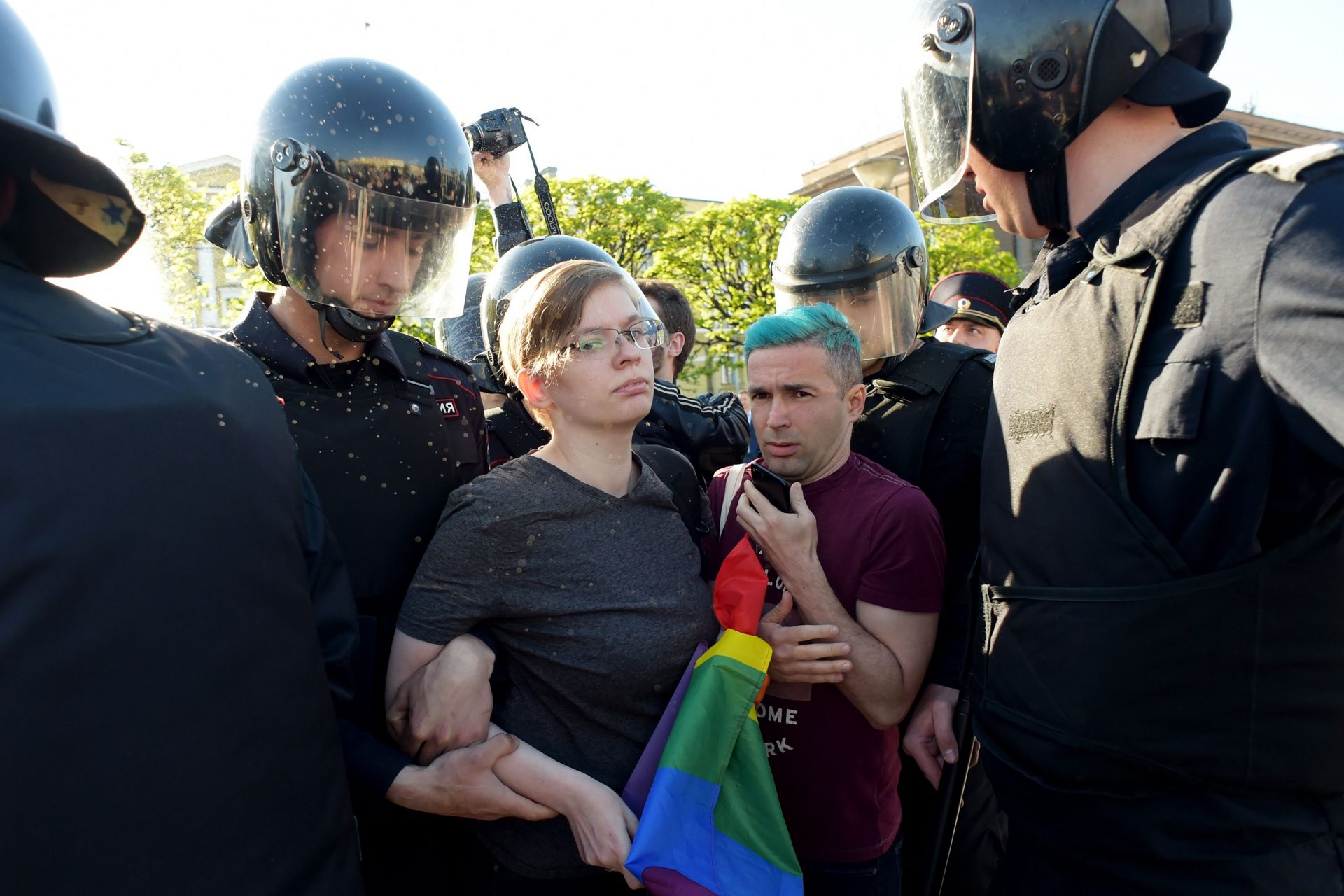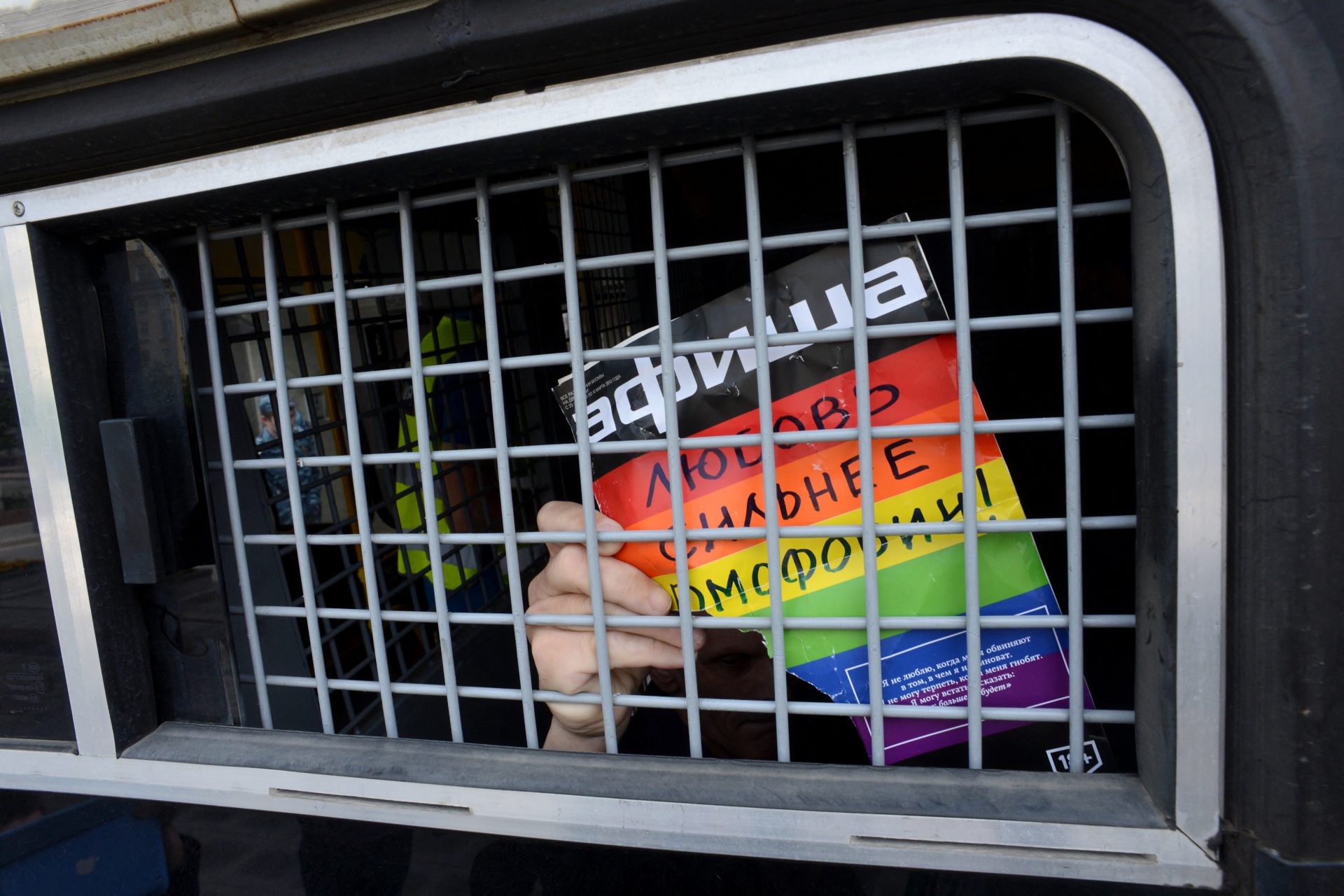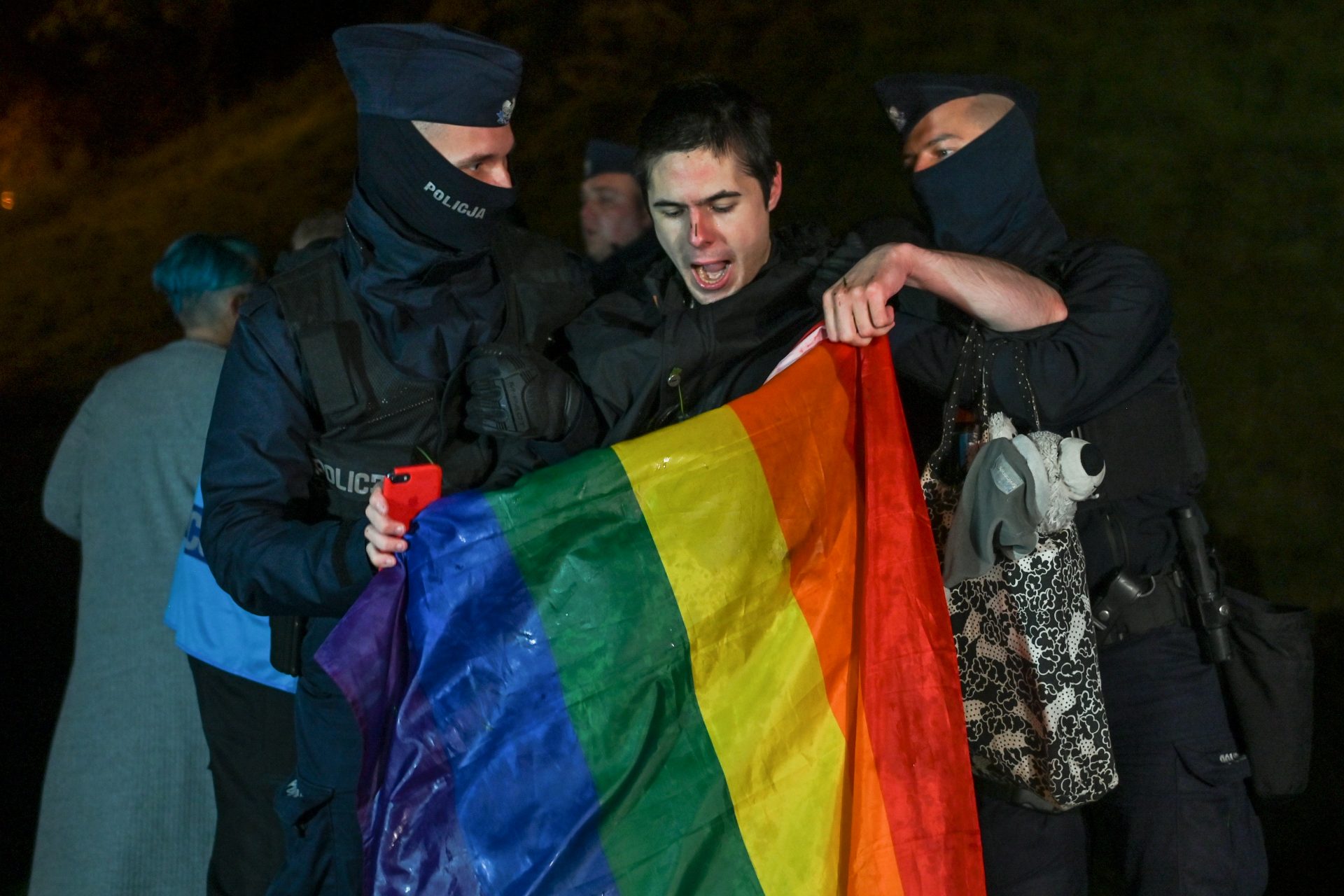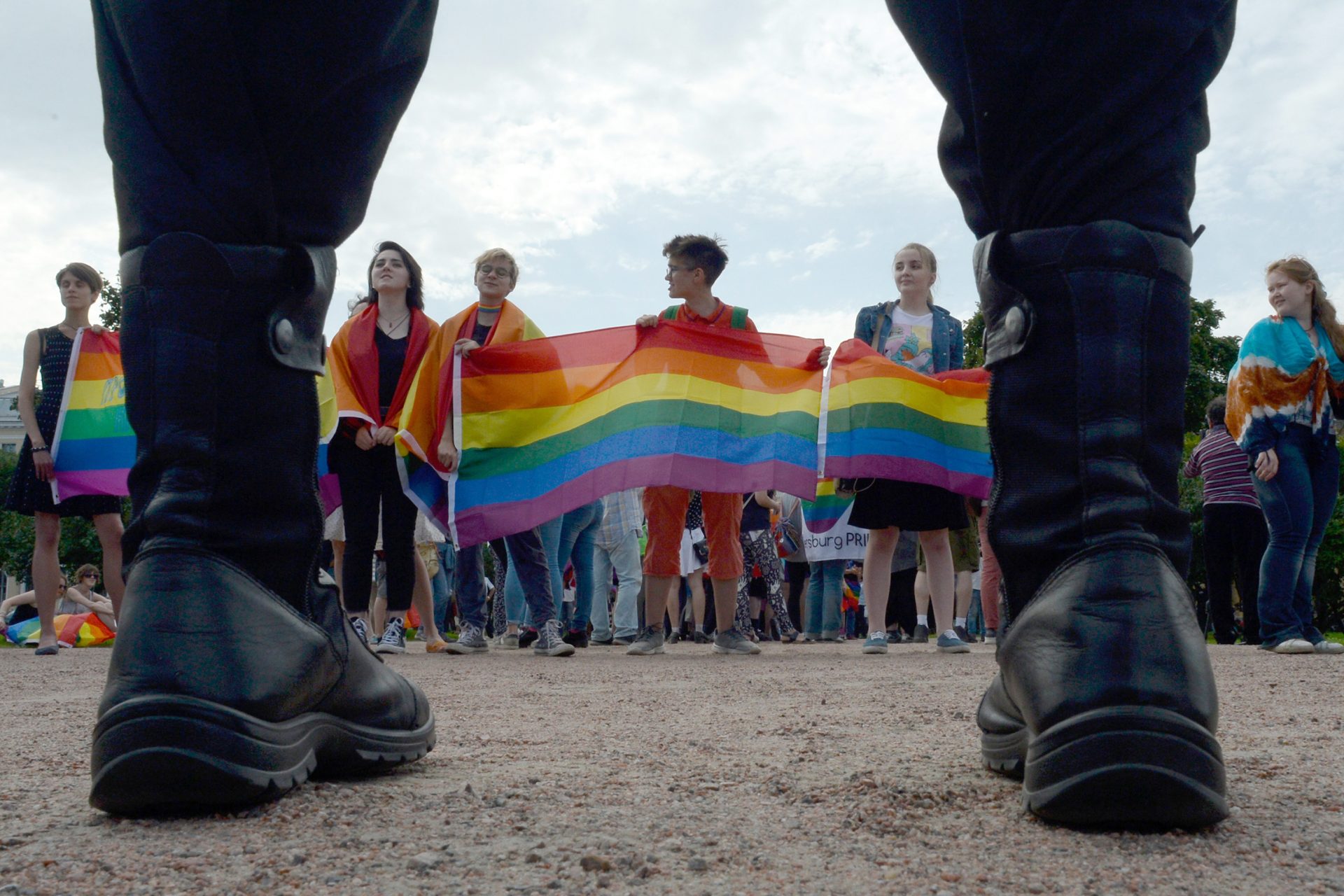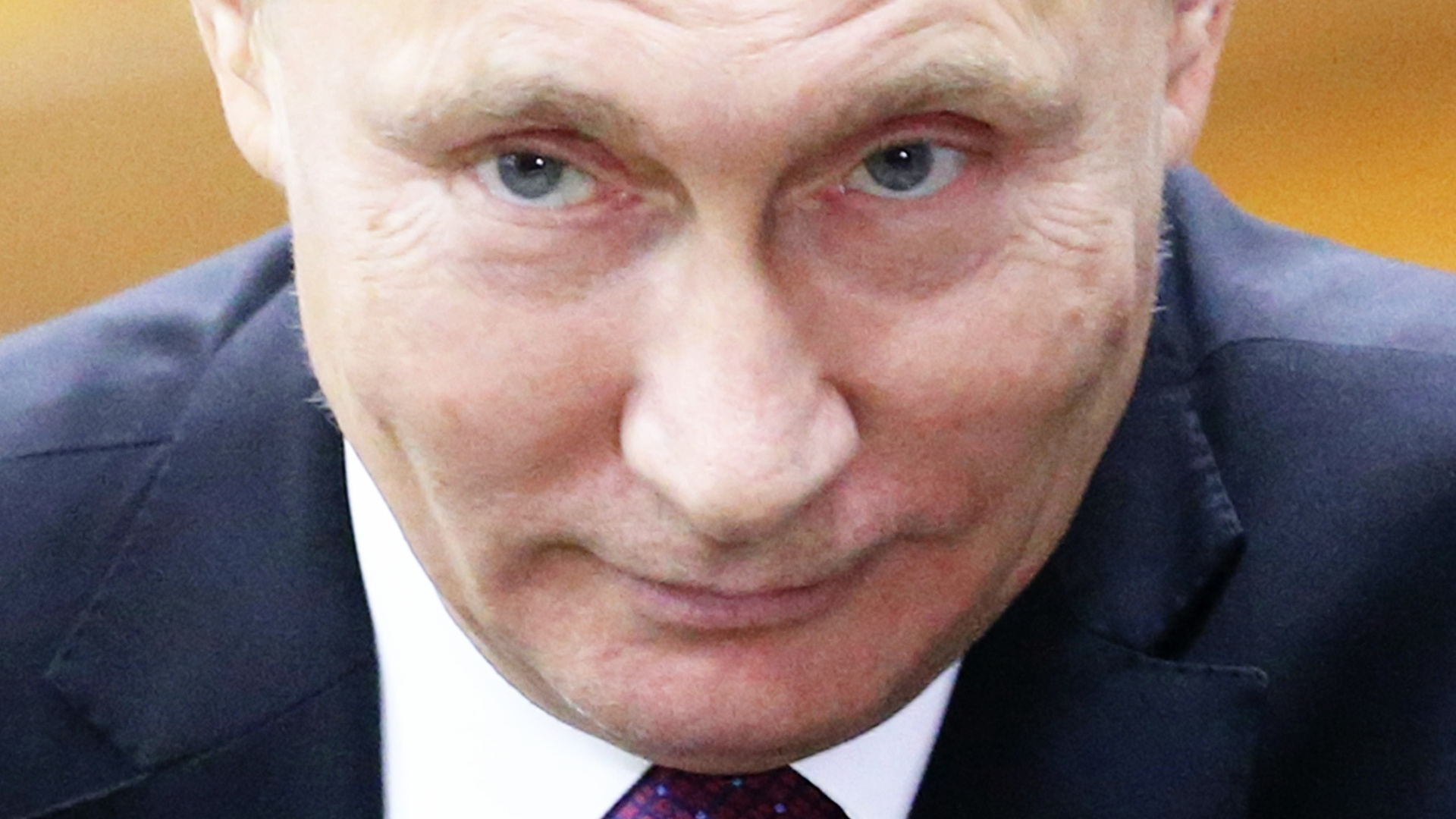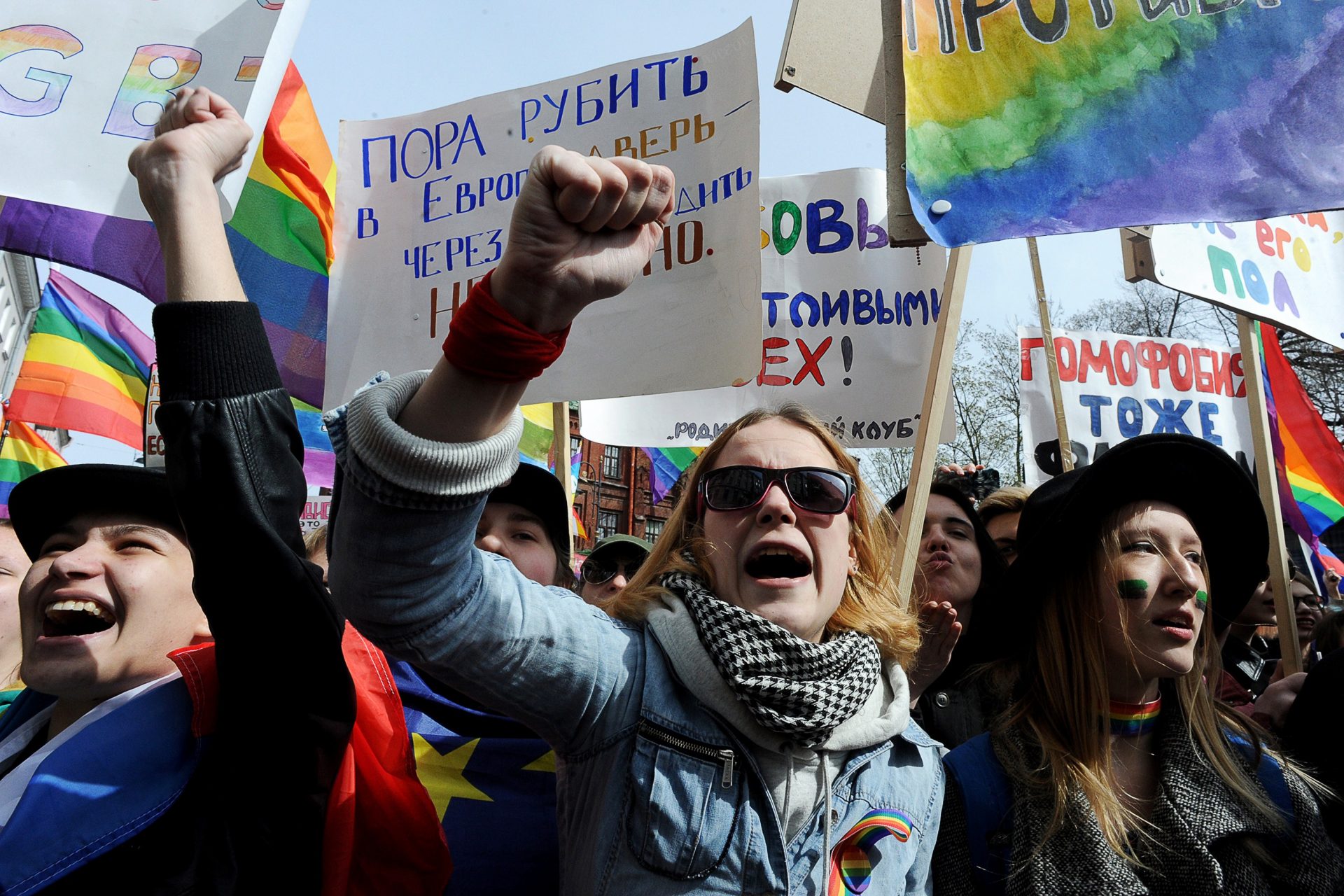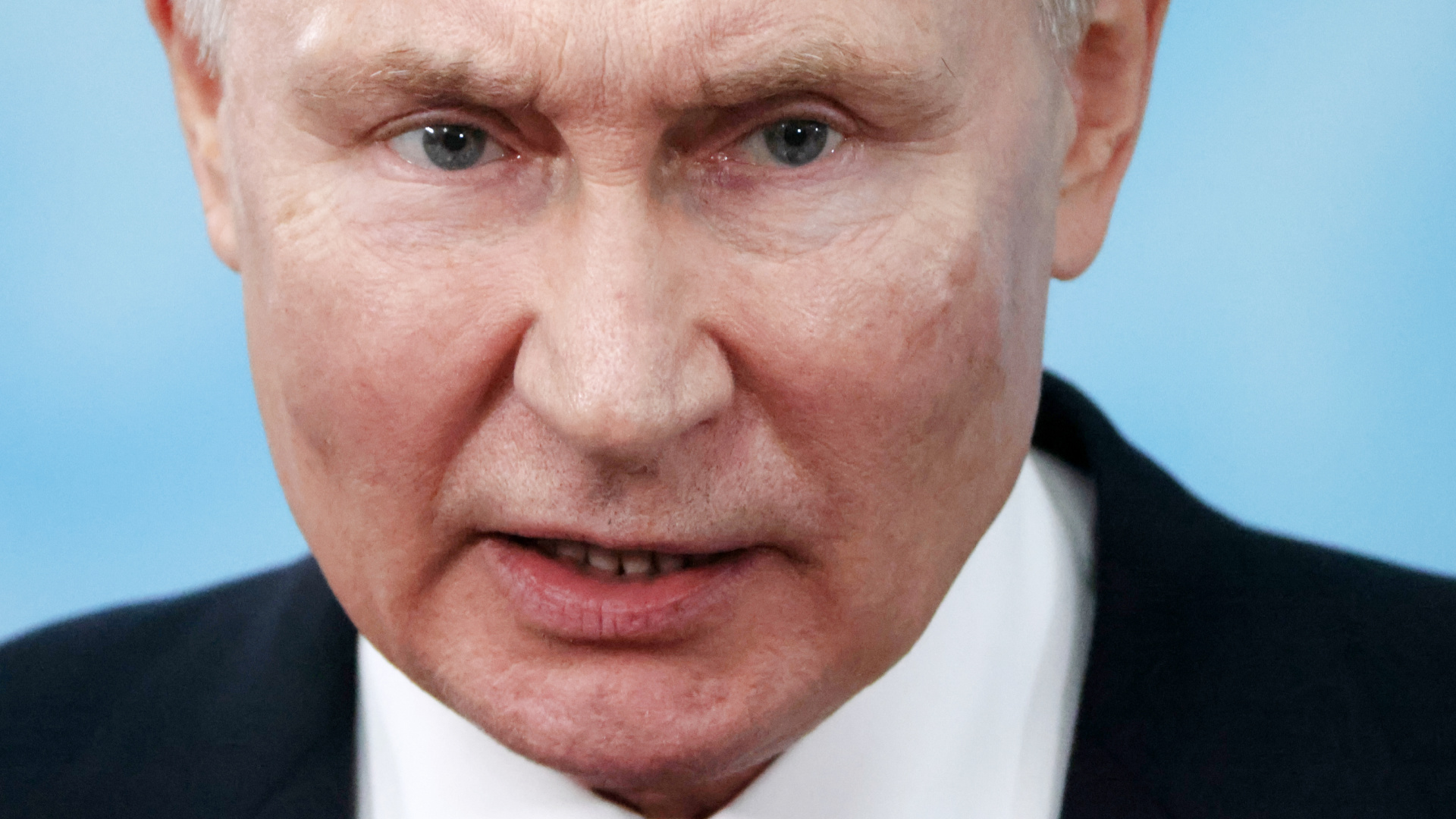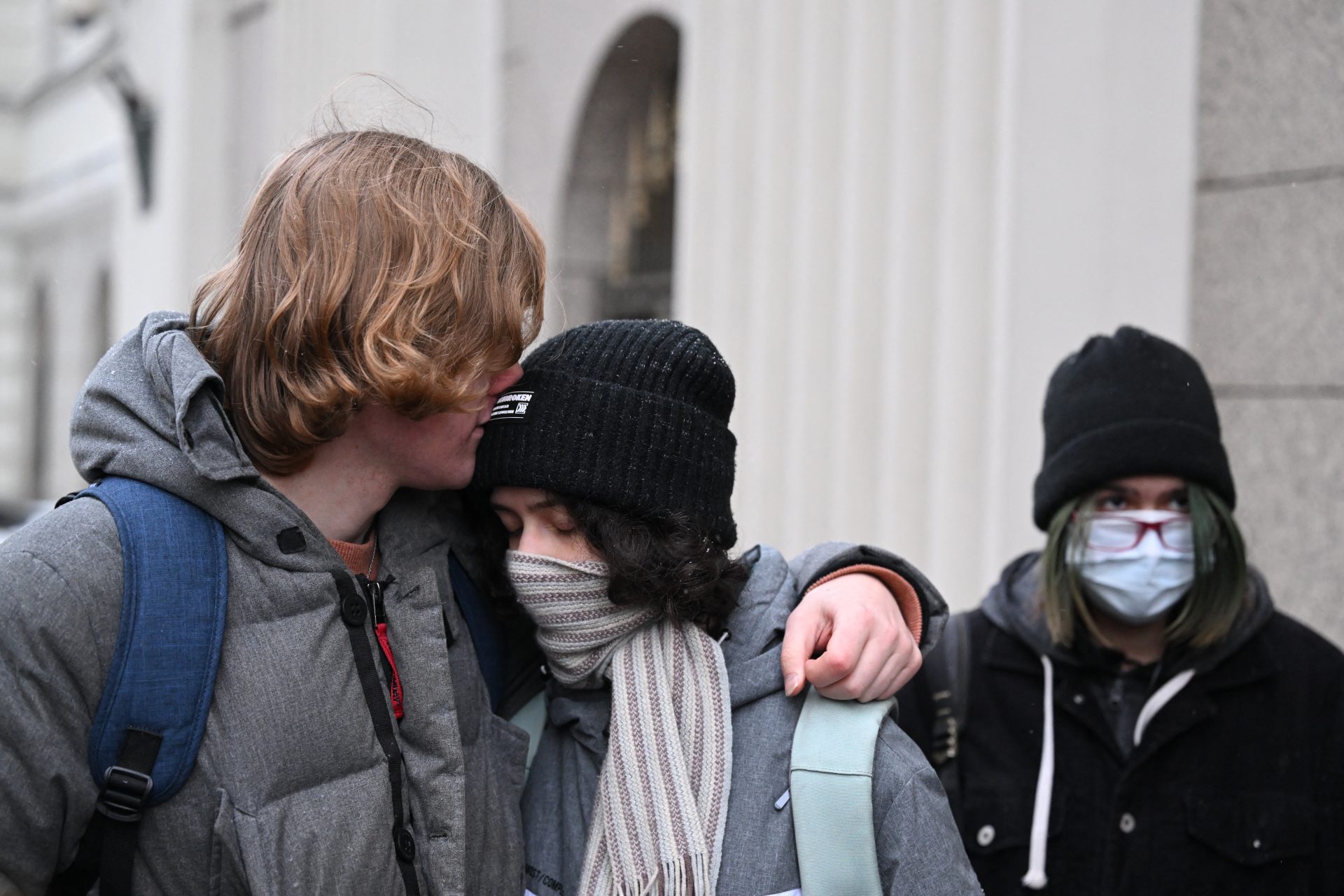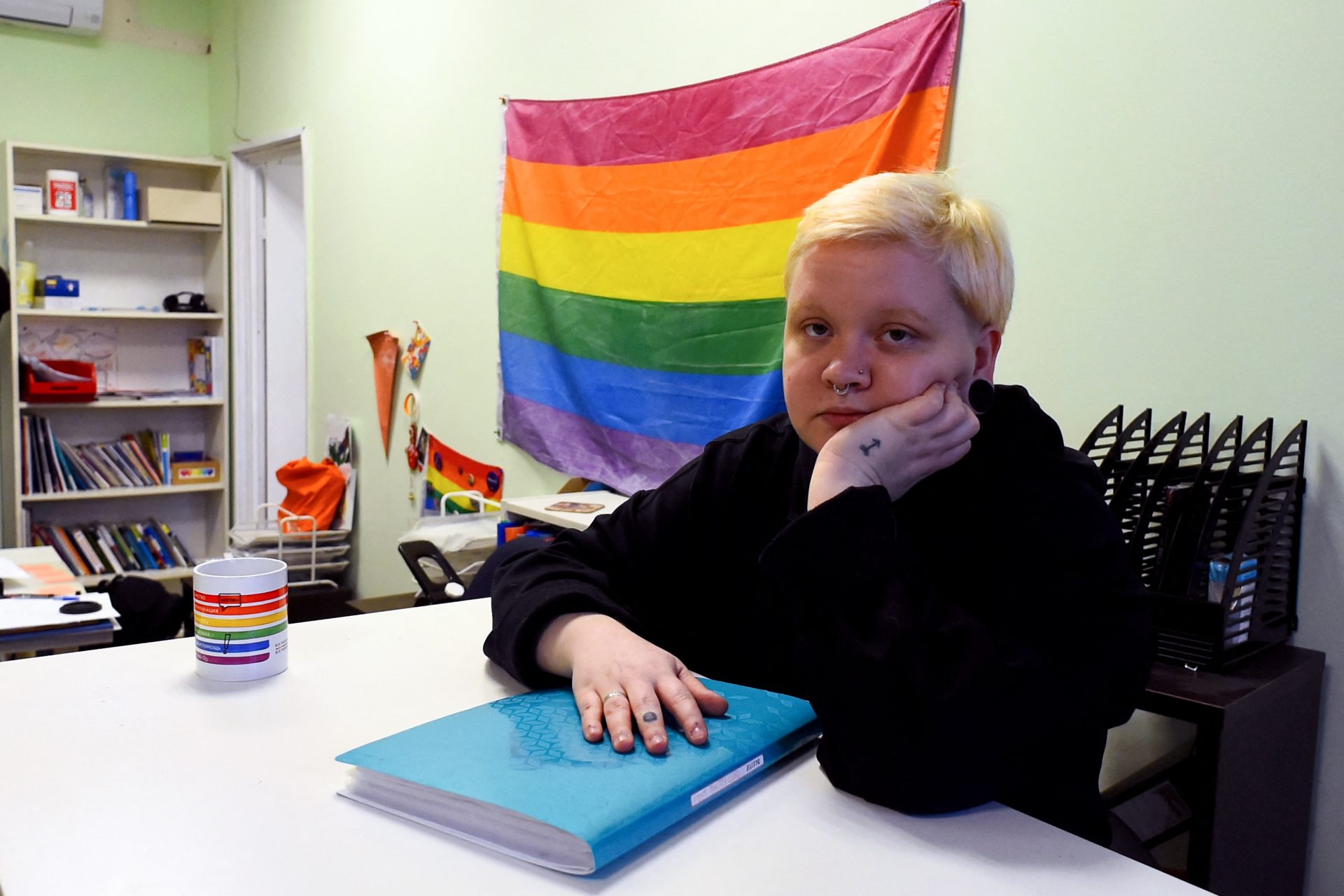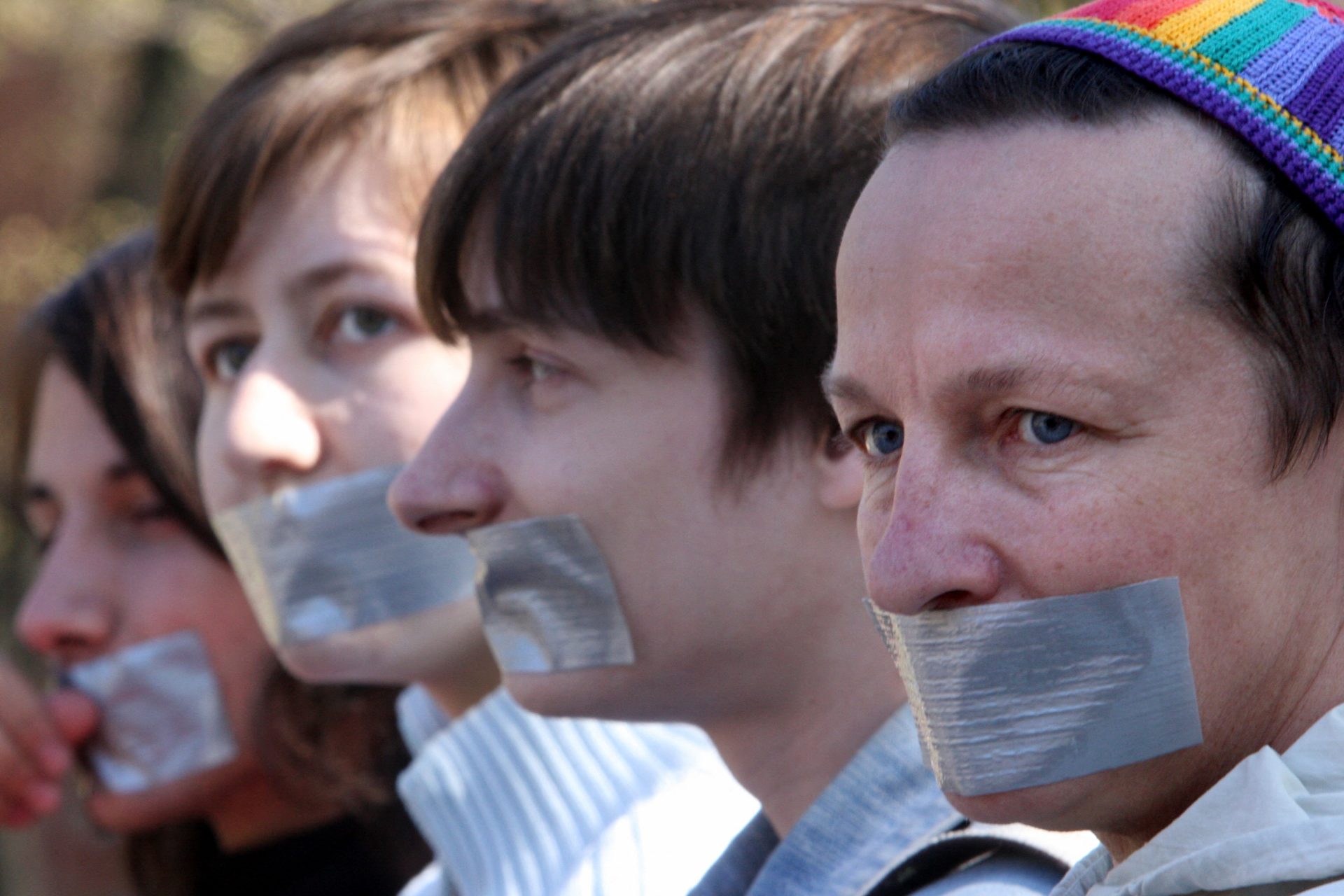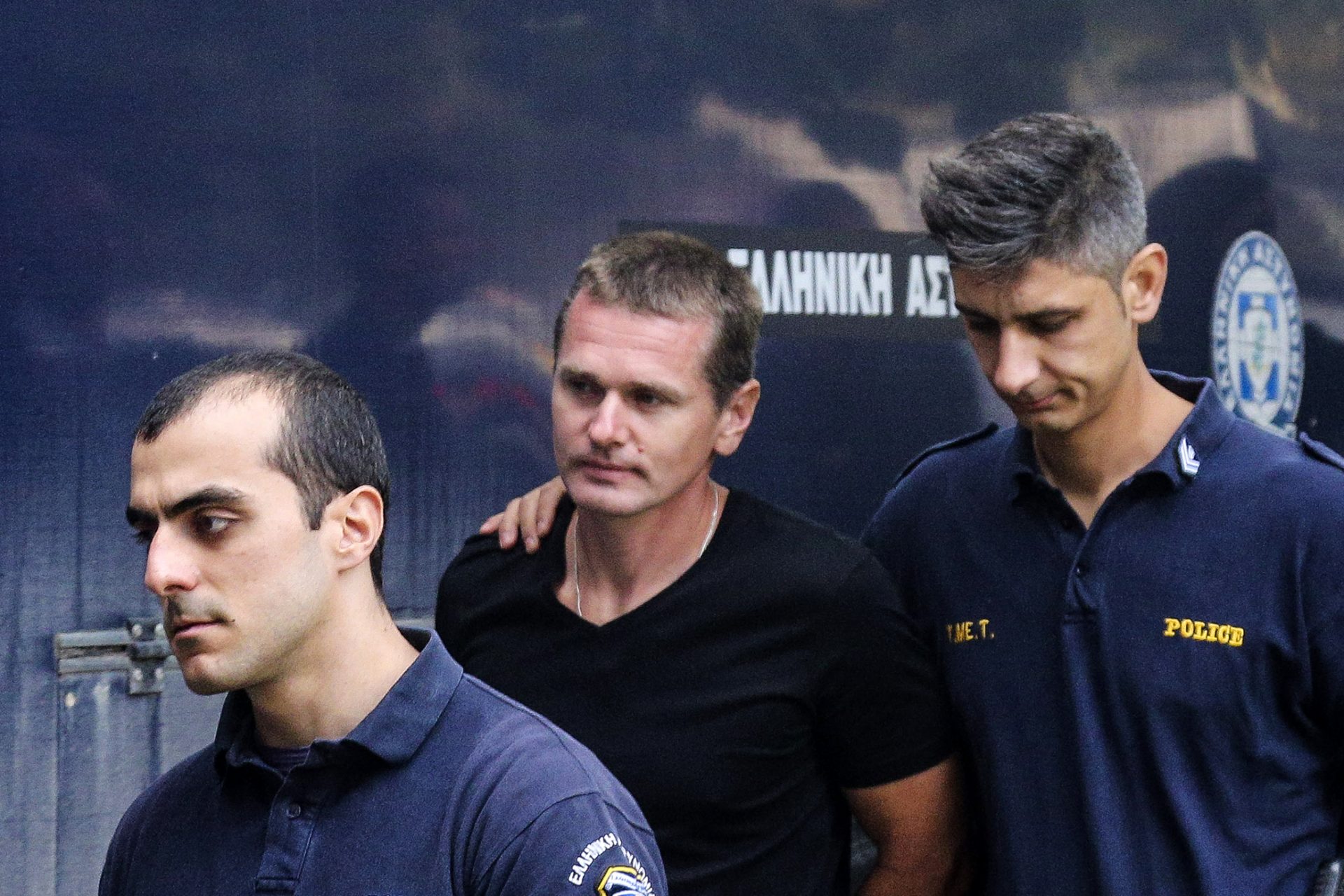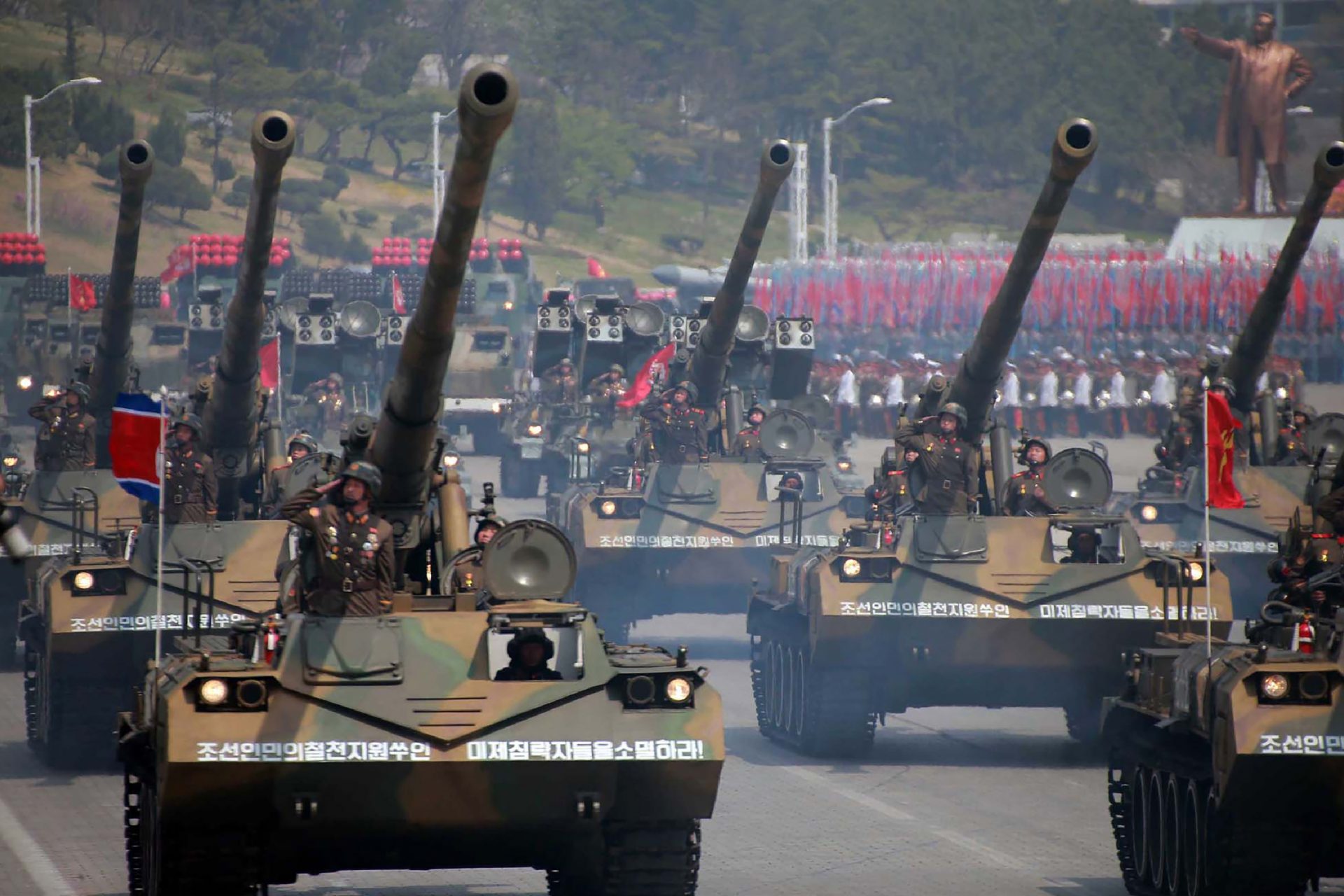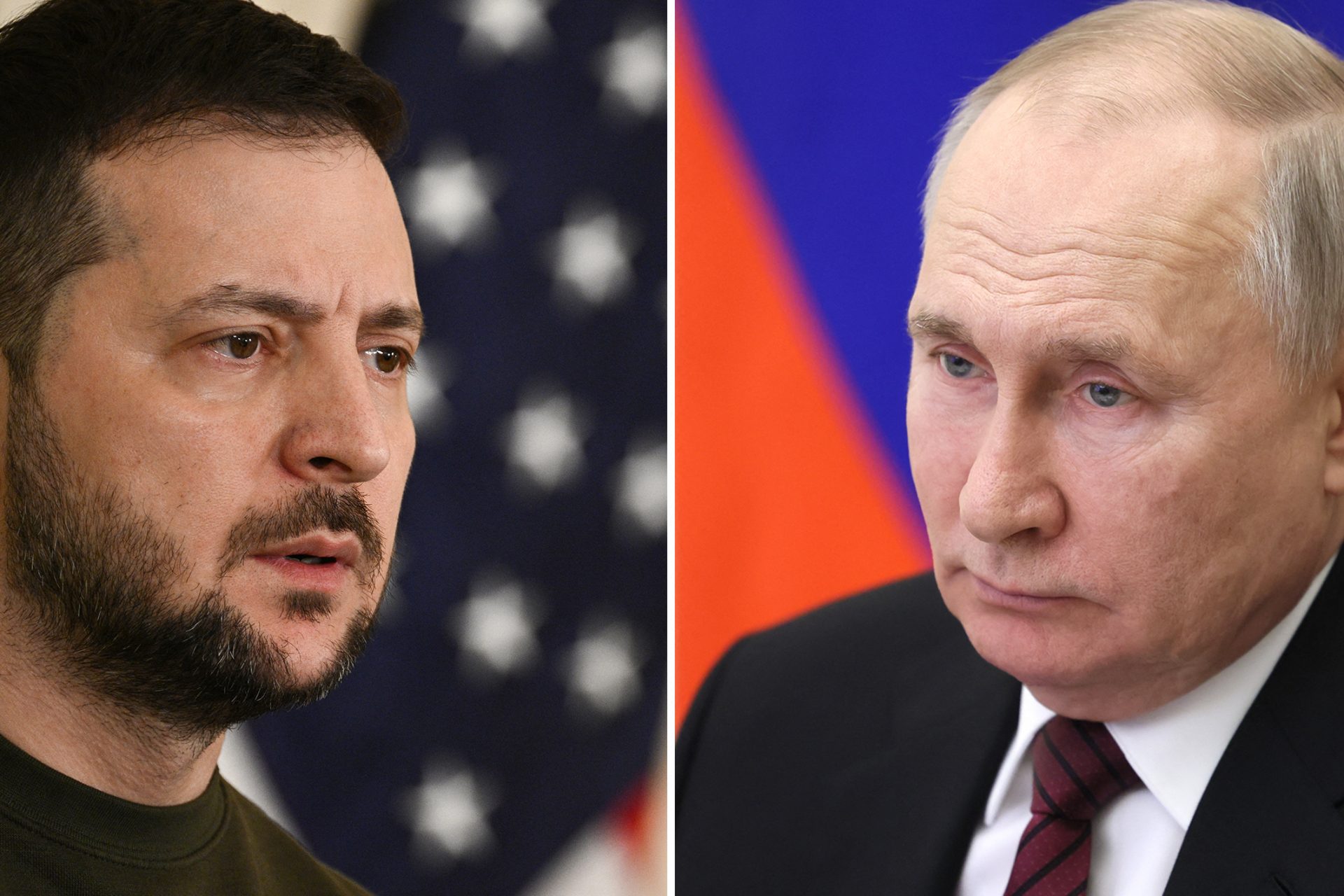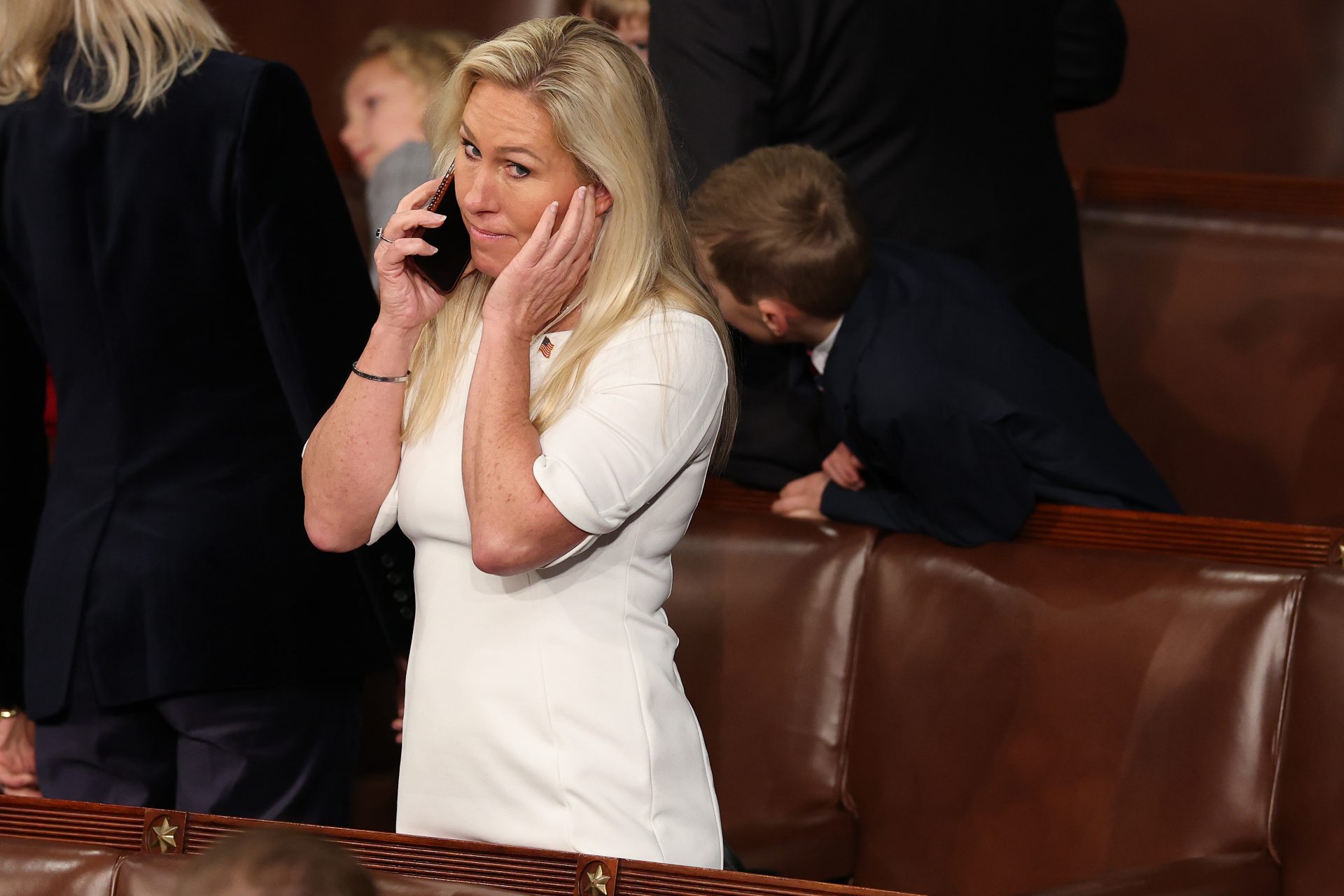Putin's Crackdown on LGBTQ+ Rights Tightens with New Stringent Law
In Russia, being gay, trans, or identifying as anything other than a traditionally straight male or female poses significant dangers. President Vladimir Putin has shown zero tolerance for the LGBTQ+ community, to the extent that on November 30, 2023, the Russian Supreme Court deemed the "international LGBT movement" an "extremist organization."
As reported by Human Rights Watch, on November 30, the Supreme Court ruled in favour of the Justice Ministry lawsuit, which accused the "LGBT movement" of fanning the flames of social and religious discord in the country.
According to Tanya Lokshina, associate Europe and Central Asia director at Human Rights Watch, the Russian authorities made this decision for two reasons: "It is meant to increase the scapegoating of LGBT people to appeal to the Kremlin's conservative supporters before the March 2024 presidential vote and to paralyze the work of rights groups countering discrimination and supporting LGBT people."
As highlighted by The Guardian, with the new law in place as of December 1, 2023, now any person found to be participating in or financing an LGBT organization is considered to be supporting an extremist organization, and there is a hefty penalty for doing so. Russian criminal law dictates up to twelve years of prison for individuals found guilty of these crimes.
Human Rights Watch points out that this new law makes it incredibly easy for Russian authorities to toss anyone associated with the LGBTQ+ community behind bars.
Anyone who is deemed guilty of displaying symbols related to extremist groups, which the LGBT movement is now considered, can be punished with 15 days behind bars for a first offence. Repeat offenders could spend up to four years in prison.
To add insult to injury, this draconian ruling also means that authorities can create lists of suspects who they believe to be involved in the "extremist LGBT movement" in a nationwide list. This results in freezing these individuals' bank accounts and bars them from ever running for public office. All without a trial.
Sexual minorities have faced social exclusion and prejudice in Russia and the Soviet Union throughout history. However, as The Guardian points out, Russian President Vladimir Putin really began to up the ante against the LGBTQ+ community in 2013.
In 2013 the Russian President approved a law that banned "propaganda of nontraditional sexual relations" among minors. Since then, Putin has continued to tighten the reins and make it more and more difficult for those who identify as anything other than straight.
Despite these attacks, the LGBTQ+ community resisted and in large cities such as Moscow, people felt relatively safe to express themselves, particularly behind closed doors. However, the war in Ukraine caused Putin to once again buckle down on traditional values.
As reported by the BBC at the time, in 2022, Putin signed a law that banned "LGBT propaganda" among adults. This meant any actions by individuals promoting so-called nontraditional values in the eyes of the Kremlin would be punished with jail time. The Kremlin justified its actions by saying that not only is Russia fighting against Ukrainian "nazis" but also against the West's "satanic" religious values.
Understandably, the Russian LGBTQ+ community is terrified. Russian queer performance artist Gena Marvin told The Guardian in a recent article on the subject, "It is hard to comprehend the speed at which the crackdown is happening. We are now in a dark new era in which some Russians are outlawed the day they are born."
Gena Marvin, like many others in the community, left Russia after the war started in Ukraine, seeking refuge in Europe. Evelina Chaika, head of the NGO Equal Post, which helps queer Russians get out of the country, says the amount of requests for information on how to leave Russia is off the charts: "We now receive an average of 12 requests on how to leave Russia an hour. More than 100 a day."
However, leaving Russia and seeking asylum abroad is a long and challenging process and not an option for most queer Russians. Vasili, a Russian man who spoke to The Guardian about the traumatic raids at LGBT+ parties and clubs on December 1 following the approval of the new law against the community, said despite everything, he will not leave Russia.
Instead, Vasili said he, like many of his queer friends, would simply try to live a different life: stop going to LGBTQ+ parties and events and keep his sexuality a secret he only shares with his most trusted friends. Vasili told The Guardian, "Many in this country don't support the war in Ukraine but decide to stay quiet so they don't get into trouble. It will be the same for my sexuality. I will just pretend not to be me."
Since seeking asylum in Europe is so complicated for those running from prosecution due to their sexual identity, one can't help but wonder if it isn't time for the European Union to re-examine the issue. After all, most recently, the European Union Court of Justice confirmed that women who are victims of domestic violence in their country of origin qualify for refugee status. Perhaps it is time to extend a similar consideration to those seeking asylum due to persecution and a limitation of freedoms as a result of their sexual orientation.
More for you
Top Stories



